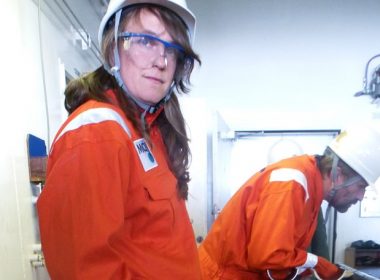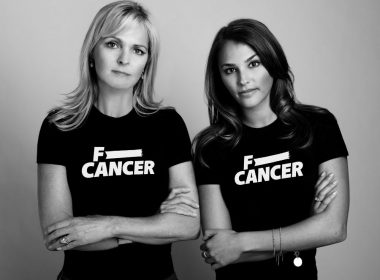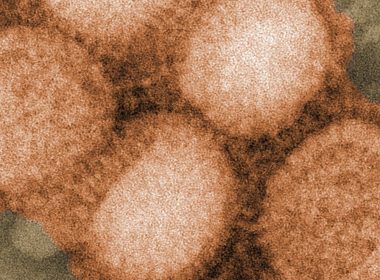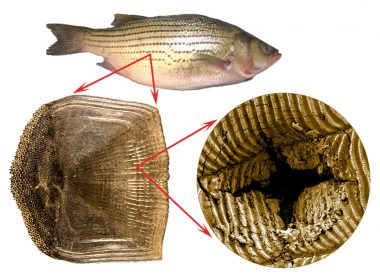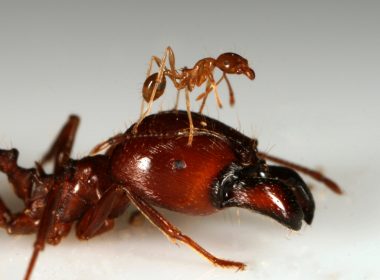Christie Rowe is an earthquake hunter. The Wares Faculty Scholar and assistant professor of earth and planetary science at McGill travels the world studying fossilized earthquakes— earthquakes that occur deep in the earth’s crust, but eventually leave a visible record in rock that has risen to the surface because of[Read More…]
Science & Technology
The latest in science and technology.
Charitable auction site launched
Big companies have always been pressured by customers, governments, and charities to take an active role in social responsibility. Technology is now bridging this gap. CampusAuction, an online, Vancouver-based company that launched this August, connects students, businesses, and charitable organizations for the benefit of all. Open to any user, the[Read More…]
Why you should get your flu vaccine
Most people don’t give the seasonal flu a second thought. It seems pedestrian compared to the famous 1918 Spanish flu, which claimed more than 50 million lives worldwide. Outbreaks of other influenza viruses occuring nearly every decade since have killed over a million people. Avian flu—currently only highly transmissible between[Read More…]
Biofuels: A waste of land?
Oil companies are pumping out oil and natural gas 24/7 in order to meet the worldwide demand for fuel. Despite the apparent assumption that our grandchildren will be able to drive SUVs running on gasoline, the fact is that fossil fuel resources are becoming exhausted more rapidly than we can[Read More…]
A guide to professional social media sites
Social media has taken on a new, interactive role beyond its origins as a tool to connect with new and old friends. Facebook now lets users join favourite celebrities’ pages, Twitter lets us know what they’re up to at any given moment, and Instagram can show us what they ate[Read More…]
Fish scales serve as new model for protective armour
Imagine a hockey player preparing himself for a game and donning his socks, skates… and fish scale shoulder pads. This is not as outlandish as it seems—researchers are using fish scales as the model for a new wave of stronger protective armour. Since 2006, Francois Barthelat—associate professor of mechanical engineering[Read More…]
Researchers unmask genetic nature of ovarian cancer
Ovarian cancer is the fifth-most diagnosed cancer among Canadian women, accounting for four per cent of all new cases. Tragically, 75 per cent of these new cases prove terminal within five years of their diagnosis. Although it is often compared to breast cancer, ovarian cancer is, in fact, more deadly,[Read More…]
Don’t Knock the Floppy
Different generations can’t understand each other when it comes to technology. When older professors discuss the joys of computer programming on punched cards, I nod periodically and feign interest, but secretly send texts under the table. Soon enough, however, it will be us spouting technological trivialities on the next generation’s[Read More…]
Patents: from the McGill lab to the world market
At many universities, like McGill, the seeds of the next great invention could be awaiting discovery—in a student sketchbook, a lab notebook, or on the corner of a professor’s desk. While the allure of invention is strong, the high cost of obtaining a U.S. patent (usually between $20,000-100,000 and sometimes[Read More…]
Freak ants reveal evolutionary truths to researchers
It turns out your high school science teacher was wrong. While evolution can seem like a random series of events, some researchers are arguing that there may be a non-random, or even predictable, aspect to the process. Ehad Abouheif, Canada research chair in evolutionary developmental biology, and associate professor of[Read More…]
